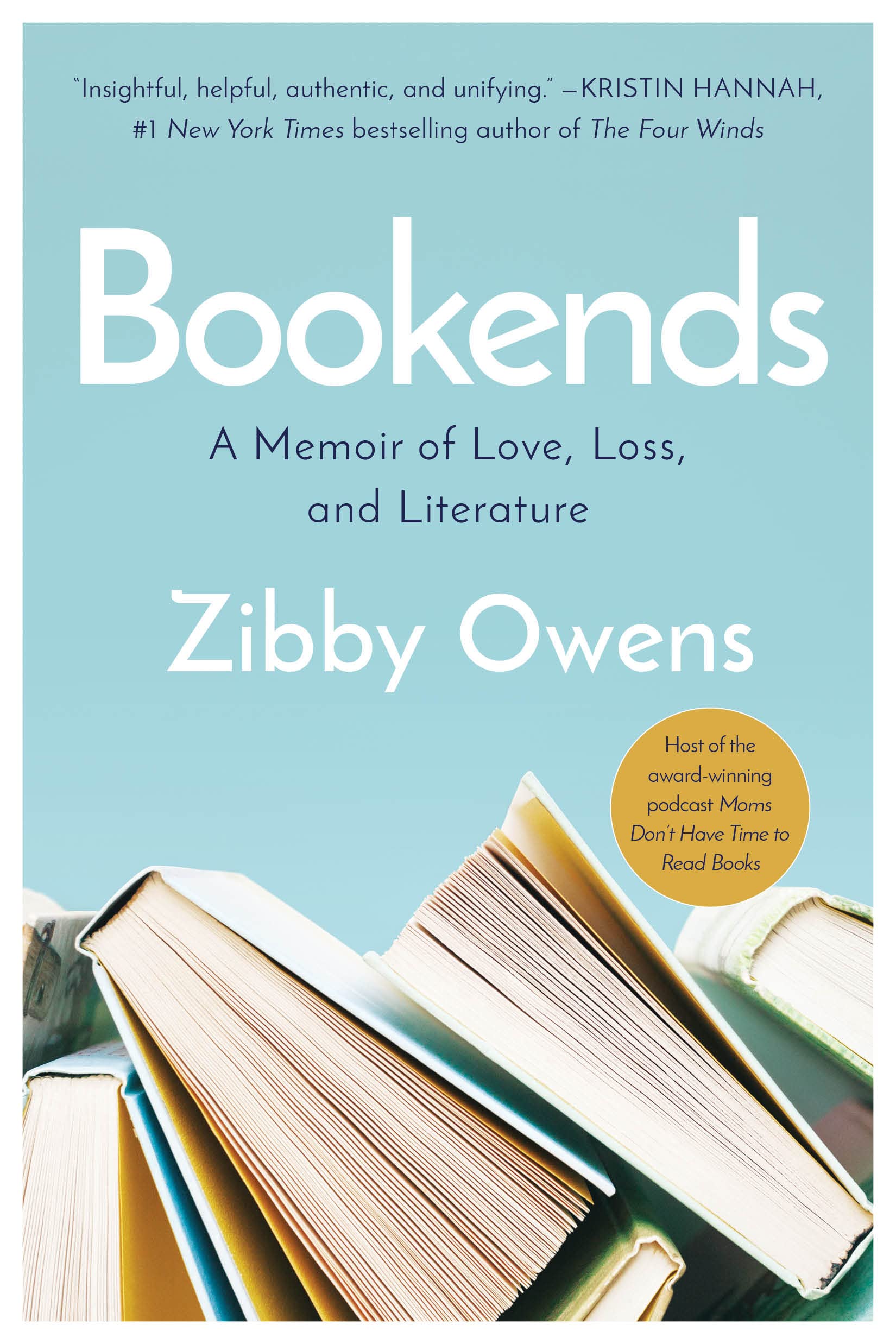Sometimes there are authors that I follow over the years, even if I never actually read anything they’ve written. I pick up their books in stores and look them over, thinking “maybe next time,” but I never actually pull the trigger.
One of those is Booker Prize-winner Penelope Lively, whose Making it Up recently came out in paperback. The New York Times describes it as “a clever ‘anti-memoir'” in which Lively “imagines what might have happened if her career, husband or country had been different.” Entertainment Weekly liked the book as well, giving it an A-, along with the following review:
At 72, Penelope Lively asks eight hypothetical questions about her life, among them: What if her mother — the wife of a British official in Egypt — had decided to relocate to South Africa rather than Palestine during World War II? What if her teenage romance with an older man had ended in out-of-wedlock pregnancy? What if she had chosen to write history rather than fiction? The masterful short stories in Making It Up — she calls them ”confabulations” — suggest answers to those questions. Most are lighthearted (she would have made a disorganized and permissive single mother), several are sobering (she envisions her own death en route to Cape Town), but they all display Lively’s incisive prose style, her wit, and, above all, her agile imagination.
From Amazon.com: “Making It Up is an enthralling examination of how both fate and free will can dramatically alter the lives of each and every one of us. Each of Lively’s expertly crafted stories reveals the life she could have lived, had she, or another, chosen a different path. Yet in answering a series of ‘what if’ questions, Lively does more than indulge her imagination; rather, she challenges her readers to examine the consequences of both the significant, and the seemingly trivial decisions we make every day.”
 The other Penelope Lively book that I have picked up several times is The Photograph, which came out in 2003. It tells the story of a widower who discovers, years after his wife’s death, a hidden photograph of her with her hands entwined with those of another man. From The Washington Post(registration may be required):
The other Penelope Lively book that I have picked up several times is The Photograph, which came out in 2003. It tells the story of a widower who discovers, years after his wife’s death, a hidden photograph of her with her hands entwined with those of another man. From The Washington Post(registration may be required):
It is an ingenious premise for a novel, and Penelope Lively spins it out with expert skill. She has a smoothly versatile style of storytelling, drifting in and out of her characters’ heads, weaving action, reminiscence and interior monologue into a seamless whole. As in her past work, she takes the occasion of telling a story to play with the conventions of narrative itself.
From The San Francisco Chronicle:
Lively has once again created a situation that enables her to investigate her central theme, memory, and how we reorganize and rearrange the past. ‘The dead don’t go; they just slip into other people’s heads,’ Elaine comments. Lively’s point is that the dead stay alive as long as the rememberer does, but they don’t stay unchanged. Instead, they mutate as the rememberer’s slant on them changes — which in turn changes the survivors, too.
I think The Photograph looks really good. One of these days…
Has anyone read anything by Penelope Lively?










About Me
I have been blogging about books here at Everyday I Write the Book since 2006. I love to read, and I love to talk about books and what other people are reading.